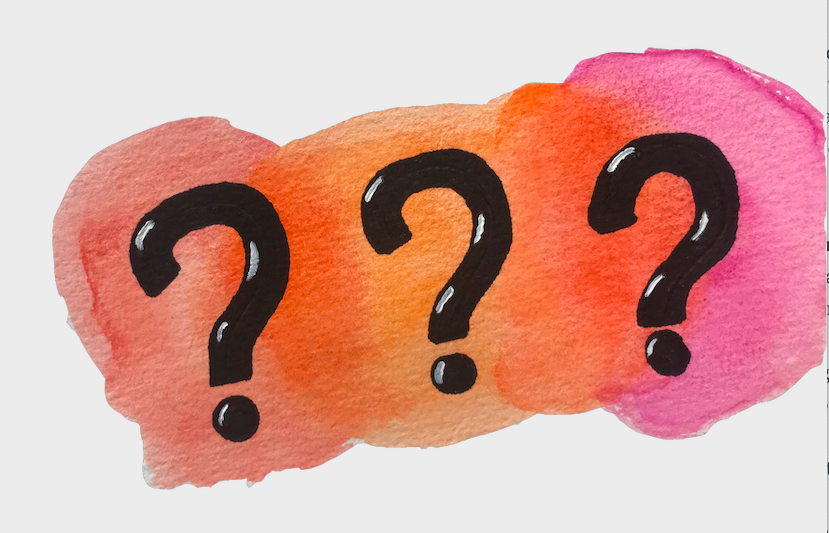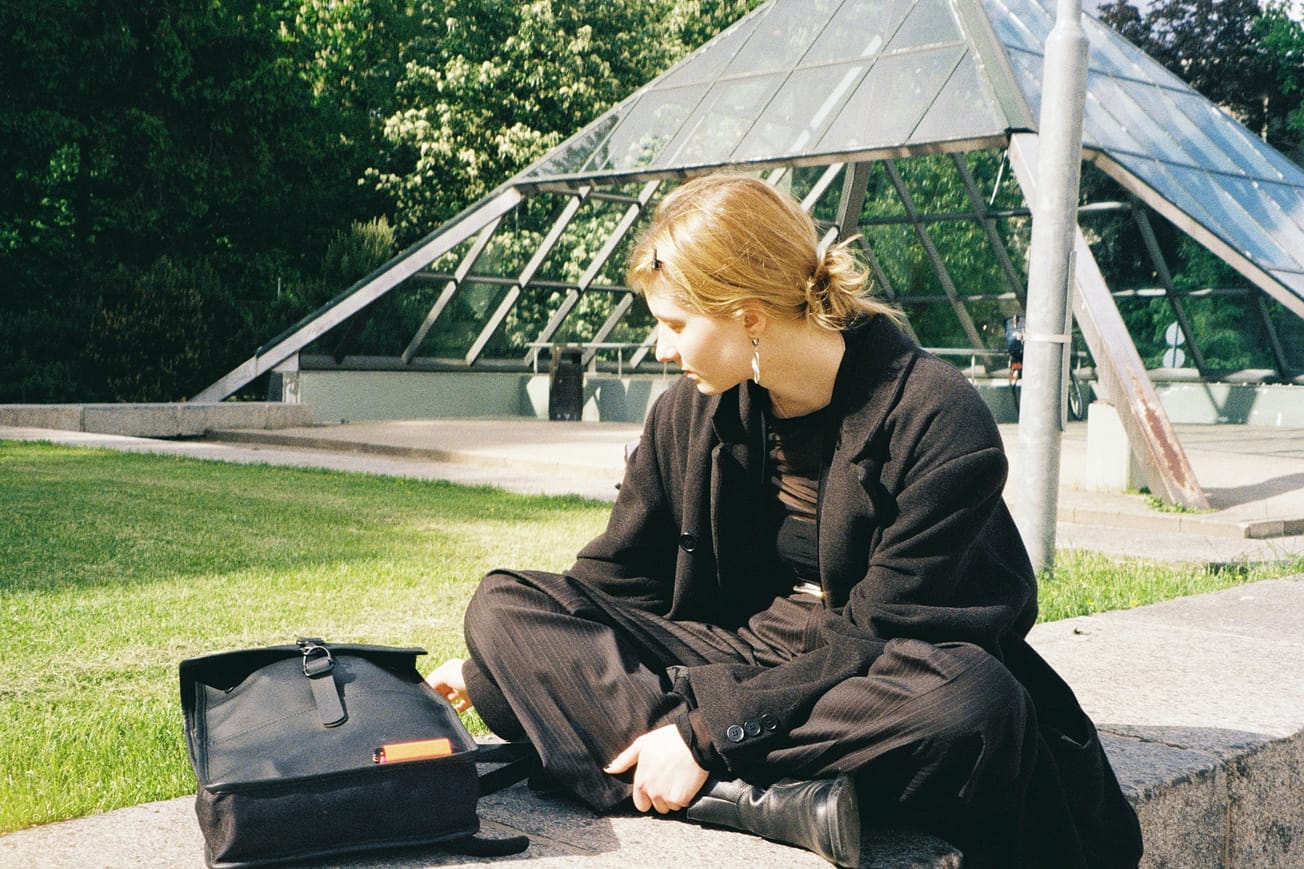By Helena Thornton, First Year, Psychology
The Croft // The current atmosphere of instability can be difficult to deal with, especially for students who are often away from home and learning to fend for themselves. We consider why it's so hard to live with uncertainty and the steps we can take to make our lives a little easier.
Uncertainty: it’s affecting us all at the moment, as the Covid-19 pandemic wreaks havoc on almost every aspect of our lives. Whilst ‘nothing in this life is certain, except death and taxes’ (Benjamin Franklin, 1789), our generation of students is facing its biggest period of uncertainty yet, trying to embrace university life and keep ourselves safe whilst juggling ever-changing guidelines and dire predictions about the weeks ahead.
Why does uncertainty affect us so much? While researching this issue, this is what I came up with: it’s a matter of control. Humans like to plan and prepare for every situation to secure good outcomes.
Without certainty or at least predictability, we feel out of control. This can cause us to feel threatened by all the seemingly uncontrollable outcomes. Our brains slip into a ‘fight, flight or freeze’ response, making uncertainty a breeding ground for worry which can snowball and have significant effects on our wellbeing.
How far does this concept go? In 2013, in a UK research project called ‘Dread and the Disvalue of Future Pain’, 35 participants were attached to electrodes and given the choice: receive an immediate sharp shock or wait to receive a milder shock instead.
A bad situation is itself often easier to deal with than the anticipation and uncertainty preceding it
Counter-intuitively, most participants chose the more physically painful option. If we make the reasonable assumption that we naturally choose to protect ourselves from pain as much as possible, this suggests that psychological pain – the anxiety and misery caused by waiting for and anticipating a shock – is worse than receiving a more physically painful shock immediately.
This demonstrates the psychological suffering that uncertainty can bring, and how a bad situation is itself often easier to deal with than the anticipation and uncertainty preceding it.
So, how can we reduce the impact of uncertainty?
My first suggestion may seem a little clichéd, but bear with me: reducing our fear of being unprepared seems to be one of the best ways to handle it. When you think about it, there is a predictability to the experience of uncertainty; as Tolstoy once said, ‘the only thing we know is that we know nothing, and that is the highest flight of human wisdom’.
Accepting that we don’t have all the answers in this strange time might bring a sense of catharsis. Through relinquishing our need for control over things that are out of our hands, we can focus our sights on what is still achievable.
Practise self-compassion wherever and whenever possible
Dr David Rock of the NeuroLeadership Institute recommends letting go of certainty and instead, seeking clarity by considering a few possible scenarios rather than ruminating on every possibility under the sun. In this way, we make focused plans that might help in the future.
This brings me to my second suggestion: practise self-compassion wherever and whenever possible. After all, we are in a global pandemic – being hard on yourself won’t solve anything! Recognising that you don’t need to have all the answers is a form of self-kindness in itself, as you take that unrealistic expectation off your shoulders.

However, just because you can’t control the bigger things going on in life – teaching going fully online for example, or a need to self-isolate – doesn’t mean you can’t have control over some of the smaller (but equally important) things.
Practising self-care, as ‘trendy’ as it is at the moment, is a brilliant way of dealing with uncertainty. By implementing regular routines involving things you enjoy, such as a morning coffee or an evening video call with a friend, you create a positive new part of your life that you can control regardless of events going on in the outside world.
This little hack can be surprisingly effective as you are essentially tricking your brain into feeling more in control by eliciting those sensations from smaller achievements even when the larger issues in your life are beyond your influence.
By opening up to somebody about how you feel, and listening when others do the same, you could increase your support network and reduce feelings of emotional isolation
My final suggestion is to take a step back and remind yourself of the bigger picture of your life. What are your plans, dreams and goals? What motivates you every day, and what provides you with a sense of meaning and purpose? This might be the career you hope for after finishing your degree or the faith you practise.
The last six months have invoked such turmoil and global chaos that perhaps you have lost track of where your life is headed. By refocusing on what you want from life, you may find that everyday uncertainties and stresses begin to feel less important. Everything gains a little more context and the doubts become mountains to climb rather than boulders obstructing your path.
Also, reminding yourself of your core values and allowing these to guide your actions and responses to change will help you stay grounded and committed to yourself. This way, even in the face of major uncertainty, you are better oriented to deal with what life throws in your direction.
| Starting university with a mental health condition
| The Stress Melt: meditation does not require yoga pants
There is no denying how hard uncertainty can be on us all, and there is no need to beat yourself up if you have been finding it difficult to manage. By opening up to somebody about how you feel, and listening when others do the same, you could increase your support network and reduce feelings of emotional isolation. We are all sharing this new and unusual experience, so try to remember that you are not alone in feeling this way.
Finally, on a positive note, it is helpful to remember that all of the changes we have encountered recently have undoubtedly improved our ability to adapt, both as a collective and at an individual level. In a world that is never predictable, this can only be a useful skill!
Featured image: Epigram / James Emery









